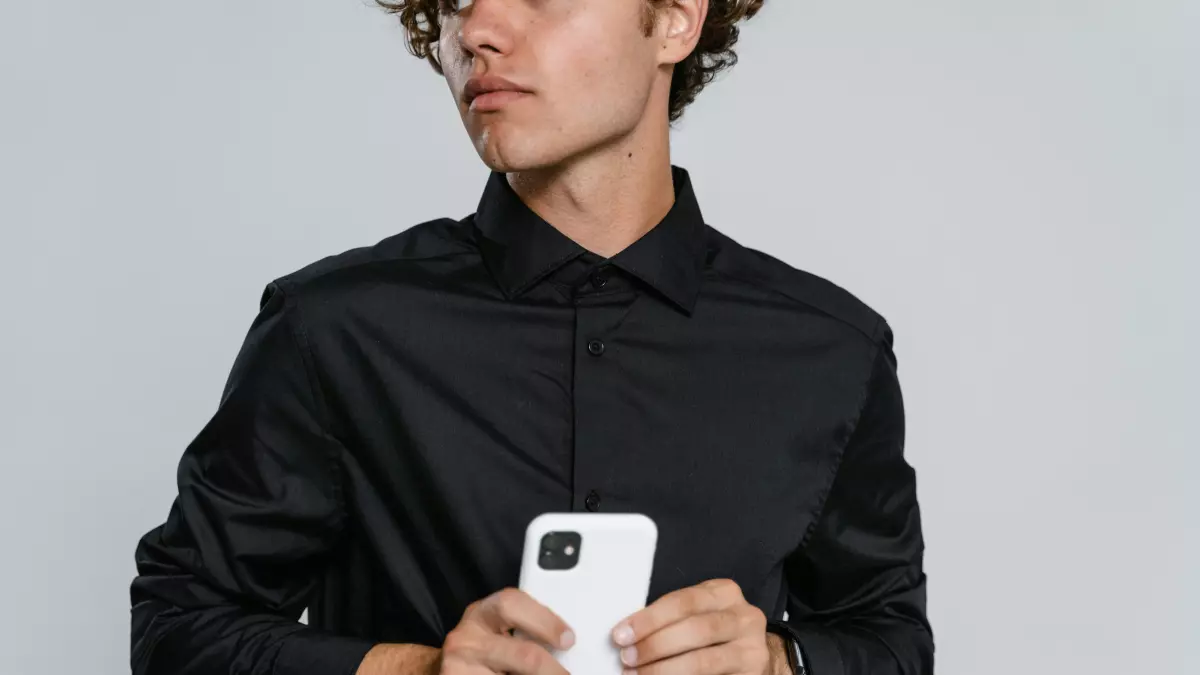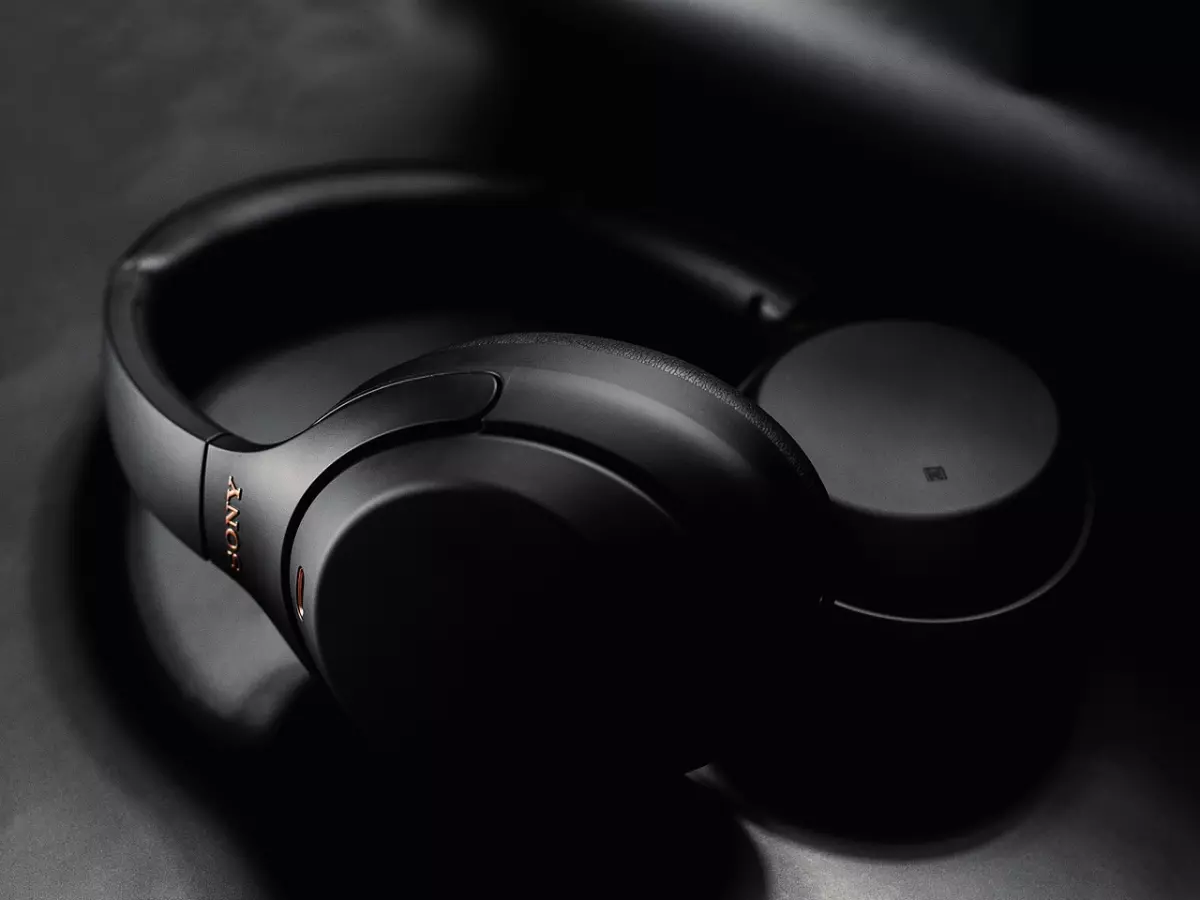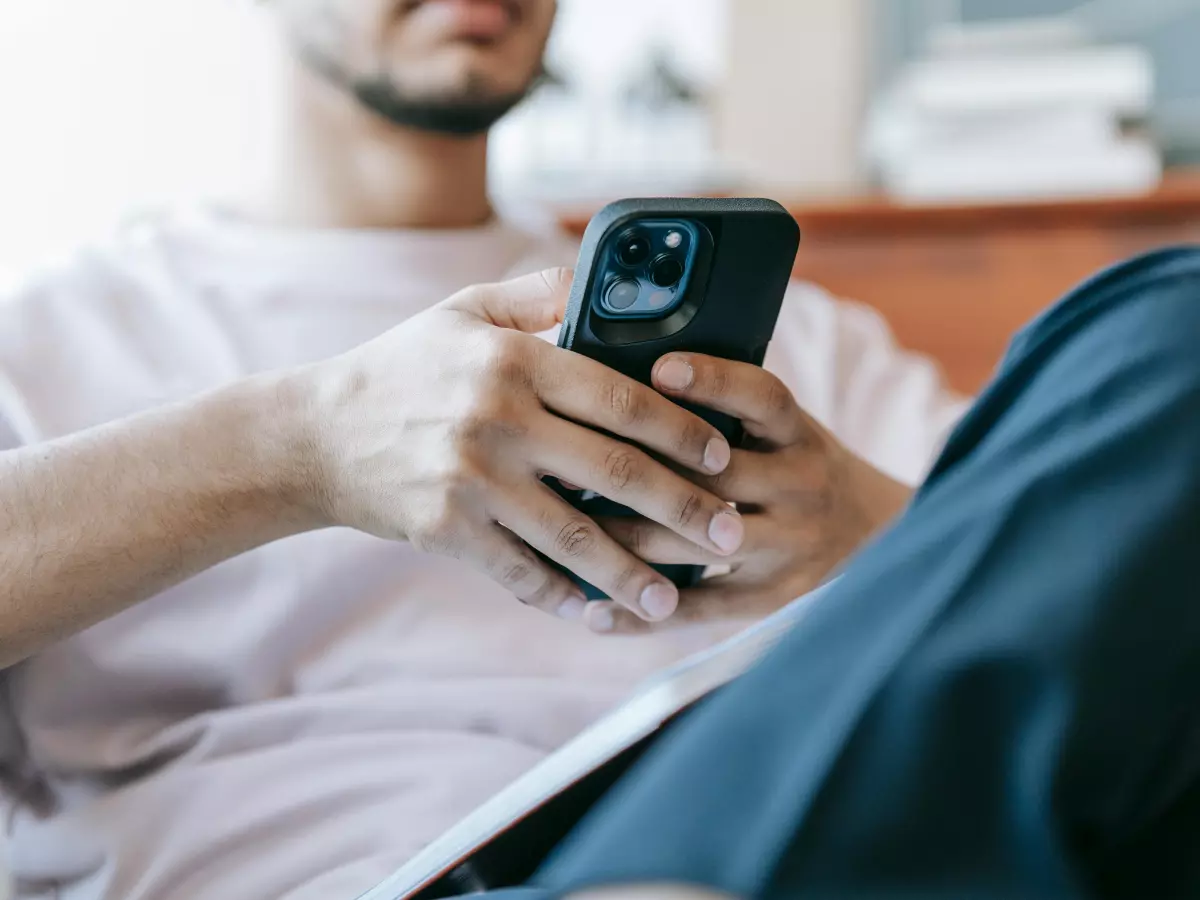Size Matters
Imagine you're holding two gadgets in your hands—one with a massive screen and another with a compact display. Which one would you choose, and why? Is it just about looks, or is there something deeper going on?

By Jason Patel
When it comes to gadgets, we often get caught up in the flashy specs—processor speed, RAM, storage, and camera quality. But what if I told you that the size of your gadget's screen might be one of the most important factors in your overall experience? That's right, the screen size isn't just about aesthetics or fitting in your pocket. It has a direct impact on usability, performance, and even how you interact with your device.
Let's break it down. A larger screen can give you more real estate for multitasking, gaming, or watching videos. But it also means more power consumption, potentially affecting battery life. On the flip side, a smaller screen might be more portable, but it could limit your productivity or entertainment experience. So, how do you strike the right balance?
First, let's talk about usability. Larger screens are often seen as more user-friendly, especially for tasks like reading, typing, or editing photos. The extra space allows for more comfortable navigation and less strain on your eyes. But here's the kicker: a bigger screen also means a bigger device, which can be cumbersome to carry around. Ever tried fitting a 6.7-inch phone into your jeans pocket? Yeah, not fun.
Now, let's dive into performance. You might think that screen size has nothing to do with performance, but that's where you're wrong. A larger screen typically requires more processing power to handle higher resolutions and refresh rates. This can put additional strain on your device's GPU (Graphics Processing Unit), leading to slower performance if the hardware isn't up to par. On the other hand, smaller screens with lower resolutions can feel snappier because they demand less from the processor.
But wait, there's more. Screen size can also affect how you interact with your gadget. For instance, larger screens are better for touch gestures, giving you more room to swipe, pinch, and zoom. This is especially important for gamers who need precision and fluidity in their movements. However, if the screen is too large, it can become difficult to reach certain areas with one hand, leading to awkward hand gymnastics.
So, what does this all mean for you? Should you always go for the biggest screen available? Not necessarily. It all comes down to how you use your gadget. If you're someone who values portability and one-handed use, a smaller screen might be the way to go. But if you're into gaming, video editing, or multitasking, a larger screen could significantly enhance your experience.
In the end, screen size is more than just a cosmetic feature. It's a crucial factor that influences everything from performance to usability to how you interact with your device. So, the next time you're shopping for a new gadget, don't just focus on the processor or camera specs. Take a moment to consider how the screen size will impact your day-to-day use. It might just be the most important decision you make.





